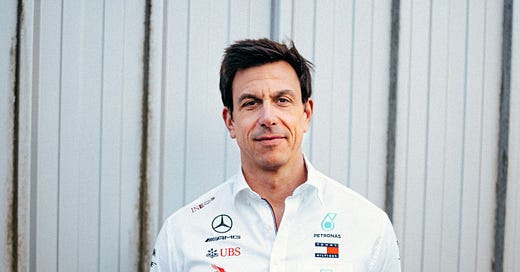Huddle Up is a 3x weekly newsletter that breaks down the business and money behind sports. If you are not already a subscriber, sign up and join 99,000+ others who receive it directly in their inbox each week.
© 2025 Substack Inc
Substack is the home for great culture


